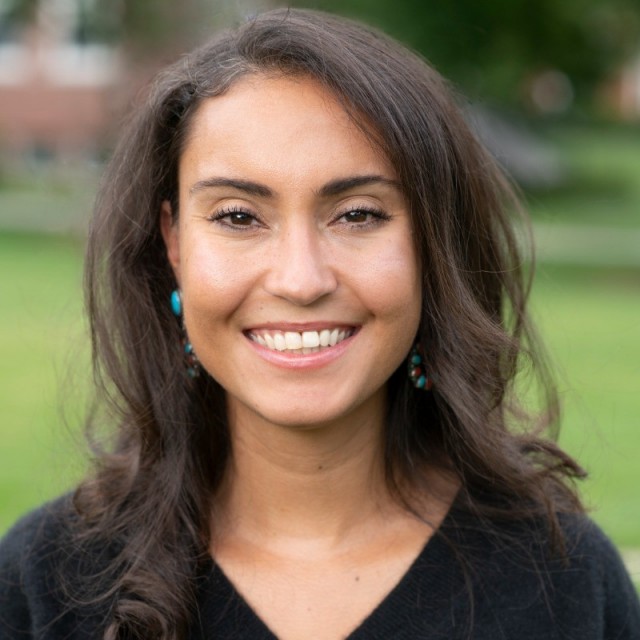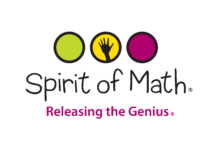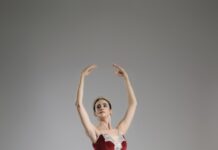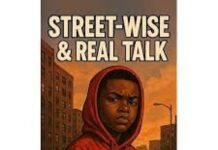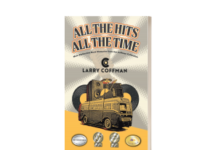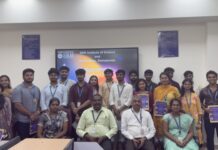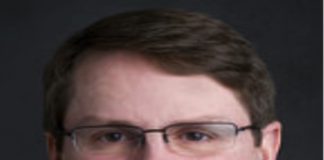(Isstories Editorial):- Toronto, Ontario Oct 28, 2025 (Issuewire.com) – Archaeologist and anthropologist Lindsay Martel Montgomery, Associate Professor at the University of Toronto, is taking her expertise beyond the university classroom and into local schools, helping young learners explore how technology can revolutionize the field of archaeology. Through her collaboration with the Bayview Glen Independent School’s FLL Robotics Team #67474, composed of ten enthusiastic Grade 5 students, Montgomery is showing how the next generation can merge science, creativity, and cultural heritage to address real-world challenges.
The partnership is part of the team’s participation in the FIRST Lego League (FLL) Challenge, a global robotics competition that encourages students to apply STEM skills to real-life problems. This year’s theme, “Archaeology,” invites teams from around the world to think critically about how technology can advance the study and preservation of the past. Serving as one of the team’s expert mentors, Lindsay Martel Montgomery is guiding the students as they brainstorm innovative ways to connect archaeological research with modern design and engineering.
Merging Archaeology with Innovation
More on Isstories:
- From Concept to Creation: Custom Sports Sunglasses Manufacturing for International Brands
- Shipping Container Expandable House Exporter Leading Innovation – Liansheng Spotlight
- SCO Expo 2025 Highlights Detachable Modular Container Houses From Liansheng
- Global Leading PVC Tarpaulin Supplier Linyang Highlights Sustainable Solutions at the 9th South Africa BDEXPO
- Prefabricated 40ft Double-Wing Expandable House Price Trends 2025
Montgomery’s involvement with the Bayview Glen Robotics Team represents a unique fusion of disciplines that are rarely combined, especially at the primary school level. Drawing on her extensive background in Indigenous archaeology, heritage ethics, and fieldwork in the Southwest, she is helping students develop innovative ways to improve how the work of archaeology gets done.
“Archaeology is a field rooted in curiosity, observation, and creativity,” Montgomery said. “The same qualities that drive archaeologists also drive young engineers and scientists. This collaboration is about helping students see those connections and use technology to ask meaningful questions about our shared past.”
During her sessions with the team, Montgomery encourages students to think about the challenges archaeologists face–such as data collection in remote areas, heritage preservation timelines and differences in cultural practices and protocols–and how robotics and digital tools can help solve them. From designing new tools for excavation to creating new techniques for artifact sorting and sampling, the FLL participants are developing innovative ways to make archaeology more efficient, sustainable, and inclusive.
A Hands-On Learning Experience
Montgomery joined the students virtually to introduce them to her research and the foundations of archaeological fieldwork across the world. She described what happens on a dig site, how artifacts are cataloged, and the importance of engaging respectfully with different communities when developing fieldwork methods.
The students, in turn, brainstormed solutions to some of the limitations and challenges posed by fieldwork logistics and presented various prototypes that could assist with excavation, enable different artifact sampling methods, and make fieldwork more welcoming for participants of different genders, sizes, and abilities. This interactive exchange bridges generations and disciplines, giving young learners a glimpse into how their creativity and technical skills can contribute to understanding the past.
“Their excitement is contagious,” Montgomery said. “They’re learning that archaeology isn’t just about studying ancient history–it’s about innovation, teamwork, and imagining how we connect with our shared heritage in the future.”
As the competition approaches, Montgomery plans to continue to work with the team to field questions and help refine how technology can enhance discovery and efficiency–helping making archaeological fieldwork more affordable and accessible for communities.
“This has been a great experience! The students are incredibly curious and creative,” Montgomery shared. “They’re not just thinking about how to build machines; they’re developing applied critical thinking skills and using them to address real world constraints around functionality, marketability, and pricing.”
Inspiring Future Scientists and Storytellers
Montgomery’s outreach work reflects her broader mission as an educator: to make archaeology accessible, ethical, sustainable, and forward-thinking. At the University of Toronto, she teaches courses that challenge students to think critically about how history is studied and represented, emphasizing collaboration with Indigenous and descendant communities. Her mentorship of the Bayview Glen Robotics Team extends that same philosophy to a younger audience, showing that science and humanities can–and should–work hand in hand.
For many of the Grade 5 students, this is their first exposure to archaeology as a dynamic discipline. By introducing them to the ways technology intersects with heritage, Montgomery is helping them see that archaeology is not a relic of the past but a field that continues to evolve with every generation of thinkers.
“Working with children at this stage is inspiring because they approach problems without preconceived limits,” Montgomery said. “They remind us that innovation thrives when we stay open-minded and curious.”
The Broader Impact of STEM and Heritage Education
Montgomery’s collaboration with the Bayview Glen Robotics Team also underscores a growing movement in education to break down disciplinary boundaries. Integrating STEM learning with cultural studies encourages students to think critically about how technology can serve humanity.
Programs like the FIRST Lego League Challenge nurture more than engineering skills; they build empathy, problem-solving, and teamwork. By connecting archaeological principles–care, preservation, and community responsibility–to robotics and engineering, Montgomery is helping young learners understand that science is most powerful when guided by ethical awareness.
Her outreach also aligns with her larger academic work, which advocates for decolonizing archaeology and promoting inclusive approaches to cultural heritage. She often emphasizes that the future of archaeology depends on new generations who can think both critically and compassionately, combining innovation with respect for the past.
“Technology is only as good as the values guiding it,” Montgomery noted. “If we can teach students that from an early age, we’ll build not only better tools but better scientists and citizens.”
Connecting Education, Ethics, and Innovation
Montgomery’s outreach exemplifies how academic expertise can have a direct and positive impact beyond universities. By mentoring young innovators, she demonstrates that education in archaeology and anthropology can empower communities, inspire new technologies, and encourage cross-disciplinary thinking.
Her involvement with the FIRST Lego League Challenge also reflects her commitment to nurturing curiosity and ethical awareness in future leaders. Through projects like this, she continues to model what it means to make academia relevant and accessible to broader audiences–showing that the lessons of archaeology extend far beyond the excavation site.
“By combining archaeology and robotics, we’re not only teaching kids how to solve technical problems,” Montgomery said. “We’re helping them understand how to think critically about the world and to work collaboratively rather than competitively to solve those problems.
About Lindsay Martel Montgomery
Lindsay Martel Montgomery is an Associate Professor of Anthropology at the University of Toronto, specializing in Indigenous archaeology, heritage ethics, and community-based research. She earned her Ph.D. in Anthropology from Stanford University and has conducted collaborative projects with Indigenous communities across North America. Her research focuses on ethical frameworks, trauma-informed practices, and the integration of oral history and digital tools in archaeology.
Beyond academia, Montgomery is deeply involved in public outreach, mentoring students, consulting with cultural institutions, and promoting inclusive education in the sciences and humanities. Her work bridges disciplines to create new pathways for understanding the past through innovation, respect, and collaboration.
For more information, please feel free to visit https://www.lindsay-montgomery.com/
This article was originally published by IssueWire. Read the original article here.

